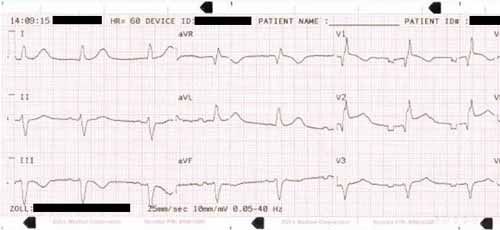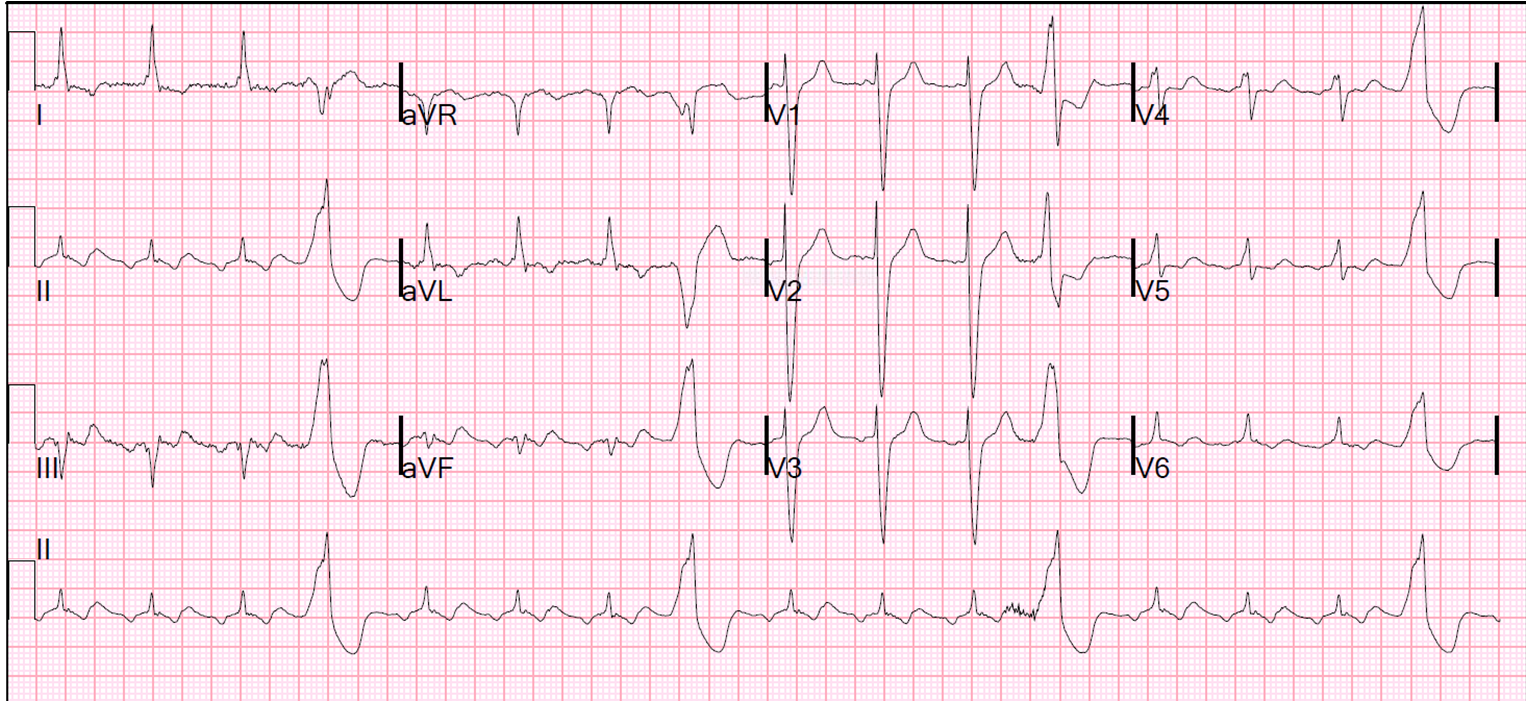

Potassium channel blockers, which slow the electrical signals that cause AFib:

Sodium channel blockers, which slow your heart's ability to conduct electricity: These treatments are sometimes called chemical cardioversion: Heart rhythm medicines: They slow the electrical signals to bring your heartbeat into what’s called a normal sinus rhythm.
Verapamil (Calan, Calan SR, Covera-HS, Isoptin SR, Verelan). They slow your heart rate and tone down contractions. Others are known as calcium channel blockers. These slow your rapid heart rate so your heart can pump better. Heart rate medicines: The most common way to treat atrial fibrillation is with drugs that control your heartbeat. You'll see your doctor for a blood test every month to make sure the medication is working and you're on the right dose. The most common are:īlood thinners can make you more likely to bruise or bleed too much. But they can raise your risk of bleeding, so you might have to cut back on some activities that can lead to injuries. These can prevent clots and strokes, slow your heart rate, and control your heart rhythm.īlood thinners: These medications thin your blood to lower your chance of having those problems. What Are Some Medications That Treat AFib? AFib treatments can also prevent clots and help keep your heart healthy. Treatments such as medications, nonsurgical procedures, and surgery can slow your heartbeat and bring it back into a normal rhythm. 
Sometimes blood can pool in the heart and form clots, which could lead to a stroke. It can't pump blood through its chambers and out to your body as well as it should. With AFib, your heart quivers, beats irregularly, or skips beats. You and your doctor have treatment options if your symptoms become too severe. Atrial fibrillation is a problem with your heart's electrical activity.







 0 kommentar(er)
0 kommentar(er)
